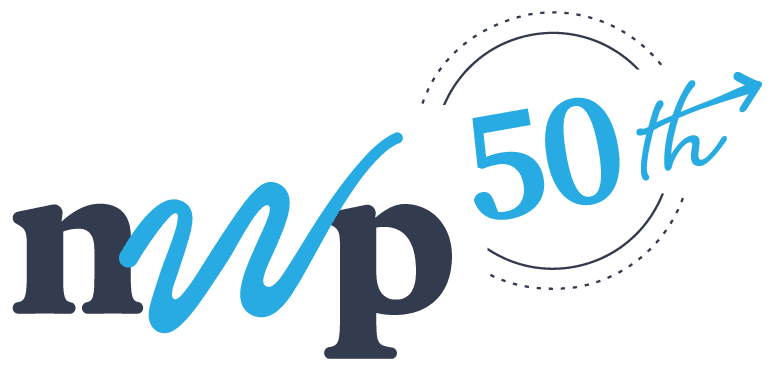For Partner Schools

Summer enrichment for K-12 students
Implementing justice-oriented pedagogies in classrooms
The UNC Charlotte Writing Project encourages teachers and other educators to join us in building a collection of resources to encourage teaching and learning of anti-racism. Please send suggestions to unccwritingproject@uncc.edu or post a message on our Facebook page.
For elementary classrooms:
- For summer reading with younger students, take a look at Katie Kelly’s blog post featuring a collection of books about celebrating Juneteenth.
- From Motherly, 21 Children’s Books to Spark Important Conversations About Race + tolerance.
- In this video, kindergarten teacher Vera Ahiyya explains racism to young children. Ahiyya explains what is racism and shares what young children can do to keep it from spreading. The video is 13 minutes and includes a read-aloud of Let’s Talk About Race by Julius Lester.
For students in middle grades:
- All American Boys (2015) is a young adult novel by Jason Reynolds and Brendan Kiely. It is a story of two teens, one Black and one White, and their response to police brutality.
- Free Lunch (2019) by Rex Ogle is the story of a multiracial boy entering 6th grade. Through his struggles with poverty, physical and verbal abuse, this novel can help young readers develop empathy for others.
For secondary and higher education classrooms:
- Reflecting on George Floyd’s Death and Police Violence Towards Black Americans is one of many teaching guides from Facing History and Ourselves
- The 1619 Project is an initiative of the New York Times Magazine that recognizes the 400th annivesary of the beginning of American slavery. Teaching resources include articles and a podcast. Limited access is free; unlimited access requires a subscription.
- Titus Kaphar’s TED talk Can art amend history? addresses ways in which art has marginalized populations. In response to the national converation about statues and monuments, Kaphar considers amending works of art to retell rather than erase history.
- John Biewen’s podcast Seeing White – Scene on Radio examines notions of Whiteness in 14 episodes between February and August 2017.
For teachers:
- Learning for Justice, a project of the Southern Poverty Law Center, offers a wealth of free lesson plans for students of all ages, texts for students, and teaching strategies intended to create inclusive school communities.
- This short article by Kerry-Ann Escayg, Exploring Anti-racism in Early Childhood Education: Teacher Identity and Classroom Practices, is intended for early-childhood educators but can be useful for anyone working with students in grades K-12. The author provides probing questions White educators can ask themselves and ways to initiate anti-racist conversations.
- Also for teachers for younger students, Moving Beyond Anti-Bias Activities: Supporting the Development of Anti-Bias Practices by Kuh, LeeKeenan, and Beneke includes a practical framework for anti-bias teaching. The authors use classroom vignettes to share their thoughts about entry points, feelings, and how to respond to difficult questions.
- High school principal Pirette McKamey’s essay, What Anti-racist Teachers Do Differently, poses that teachers must be willing to be uncomfortable and examine their practices in the classroom. Thus brief article was published in The Atlantic June 17, 2020.
- Being an Anti-Racist Educator is a Verb is a post from the NCTE blog that includes ideas for student projects and recommended videos.
- Also from NCTE, this Build Your Stack blog post includes recommended antiracist reading for students of all levels.
- After the 2016 election, teacher-educator Ali Michael published a blog post titled What Do We Tell the Children?. Her answers remain relevant as the nation prepares for the 2020 election.
- How Racism Causes Mental Health Problems is a resource from Sunshine Behavioral Health which outlines why Black Americans are at a particular risk for mental illness.
- From the Summit Wellness Group, Top 61 BIPOC Addiction & Mental Health Resources provides insight into why the mental health inside Black, Indigenous, People of Color (BIPOC) communities is disaproportionately affected compared to White counterparts.
- From Detox Local, this link provides a list of mental health and substance use resources for the American Asian and Pacific Islander (AAPI) communities.
For members of school communities:
- Tim Wise’s 2013 documentary White Like Me examines structural priviliges of White Americans in areas that include housing, education, corrections, and media coverage.
- In her 1990 essay, “White Privilege: Unpacking the Invisible Knapsack” activist Peggy McIntosh identifies the effects of White privilege on her life. For instance, McIntosh is certain her heritage is represented in her children’s school curriculum, and is free from having to speak for all the people in her racial group.
- Ari Shapiro’s interview with Robin DiAngelo, “Interrupt the Systems” aired on NPR on June 18, 2020. DiAngelo shares tips and takeaways to combat racism.
- Season three of the Serial podcast centers on ordinary cases to examine “the machinery of the criminal justice system”.
- People of Color can and do get melanoma. For more information about the risk of developing skin cancer, visit Skin Cancer Awareness & Prevention for People of Color.
Resources for virtual learning
As teachers, learners, and parents maintain insruction in various physical spaces, the UNC Charlotte Writing Project would like to gather resources and ideas. Please report any missing links or ideas to unccwritingproject@uncc.edu.
- From Million Mile Secrets – Virtual field trips and travel activities for kids
- Tony’s blog, http://www.cultivatingmentalsilence.com/.
- Road Trip From Home: Virtual Field Trips
- From Playgrounds at Home — Virutual Field Trips to Beaches, Parks, Zoos, and Museums
- This infographic from Educator Innovator.
- The Zinn Education Project, for middle school social studies.
- Virtual tours of musuems, zoos, and theme parks.
- Virtual Tours of Smithsonian Museums
- Endless possibilities for make-based learning at instructables.com
- Virtual Field Trips Around the World.
Other resources for teachers of writing
- National Writing Project
- C3WP (College, Career, and Communitites Writers Program)
- C3WP Instructional Resource Guide
- Our Reading List
- C3WP Self-Selected Research Series